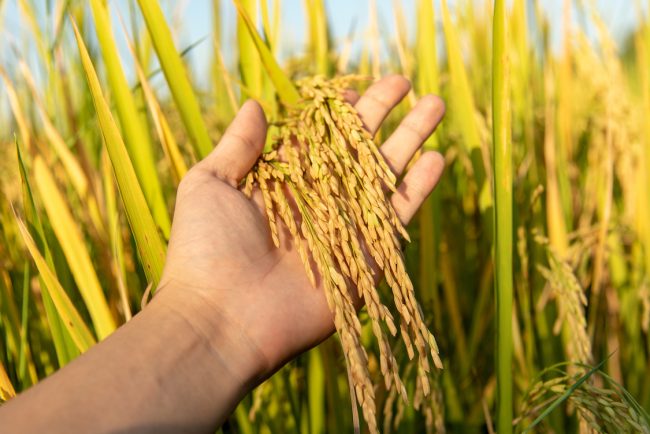Advancements in Rice Research: A Pathway to Sustainable Agriculture
Rice is one of the most important staple crops in the world, providing food for more than half of the global population. With the increasing demand for rice and the need for sustainable agricultural practices, rice research has become a critical area of study. Advances in rice research (วิจัยข้าว) have led to the development of new varieties of rice that are more resilient, productive, and nutritious. This article will highlight some of the recent advancements in rice research and their potential impact on sustainable agriculture.Climate change is one of the biggest threats to rice production. To combat this, researchers are working on developing rice varieties that are more resilient to extreme weather conditions such as drought, flooding, and heat. For instance, the development of submergence-tolerant rice varieties has helped farmers in flood-prone regions to mitigate crop losses caused by flooding. Additionally, the development of heat-tolerant varieties has enabled rice to grow in areas with high temperatures, thereby expanding the areas where rice can be grown.Another area of focus in rice research is increasing productivity. Researchers are developing high-yielding varieties that are resistant to pests and diseases. For example, the development of the “New Plant Type” rice variety has led to a significant increase in rice yields in many countries. The New Plant Type rice variety has a shorter stem, stronger roots, and more grains per panicle, which allows it to produce more rice per plant. This has increased rice productivity, reducing the need for farmers to expand their land use.

Enhancing Nutritional Value
Rice is an important source of nutrition for millions of people around the world. However, many varieties of rice lack essential nutrients such as iron, zinc, and vitamin A. To address this issue, researchers are developing biofortified rice varieties that are enriched with essential nutrients. For instance, the development of “Golden Rice” has led to the creation of rice varieties that contain high levels of vitamin A, which is essential for good vision and overall health.
In conclusion, advancements in rice research have significant potential for sustainable agriculture. Resilient, productive, and nutritious rice varieties can help farmers meet the growing demand for rice while also adapting to changing climatic conditions. As research in this field continues, it is expected that more innovative and sustainable rice varieties will be developed to address the challenges facing rice production.


